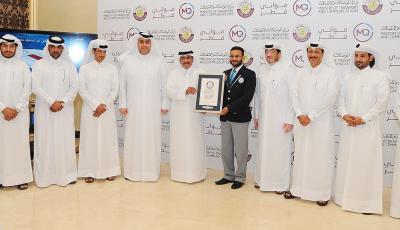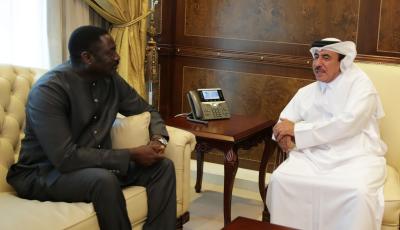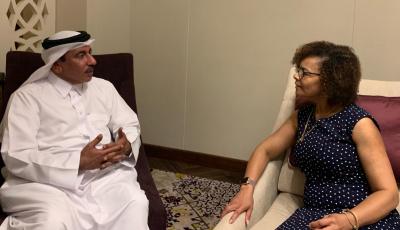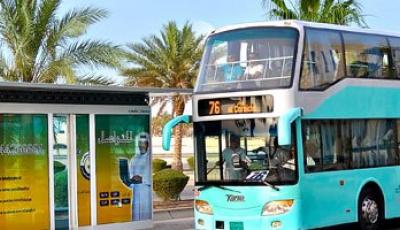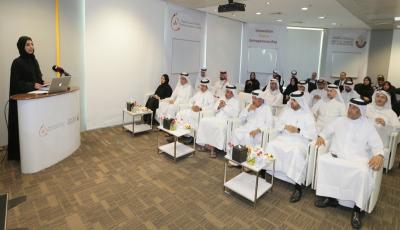
The Ministry invites applications for ‘Make the Deal’ initiative
Doha-THE Ministry of Transport and Communications (MoTC) on Tuesday invited entrepreneurs and startups to submit applications for the ‘Make the Deal’ initiative, where they can compete to pitch their business ideas to investors at this year’s Qatar IT Conference and Exhibition (QITCOM 2019). While the last day for registration is October 15, the application screenings and pre-event mentoring will continue until October 20.Driven by MoTC’s Digital Incubation Center (DIC), the third edition of Make the Deal forms an integral part of the Entrepreneurship Zone of QITCOM 2019, scheduled to take place from October29 until November 1at the Qatar National Convention Center (QNCC).Make the Deal (startup-Investor Matchmaking) aims to promote a climate of entrepreneurship and investment and is an opportunity to connect high-impact technology startups with local, regional and international investors. Before the event, all shortlisted participants will be individually mentored by global experts on pitch presentations and will be invited to participate in pre-event matchmaking. The final business pitch will be made to investors at the Innovation Theatre during the course of QITCOM 2019, and the winners will be awarded with investment deals and incubation offers.Held under the theme ‘Safe Smart Cities’, QITCOM 2019 has dedicated an Entrepreneurship Zone to boost investor-startup relationships, inviting innovators and professionals to learn about digital entrepreneurship. Around 300 entrepreneurs are expected to participate in the Entrepreneurship Zone activities this year, with 100 local, regional and international startups showcasing their products and services across 5 key platforms: Make the Deal, Idea Camp, Code Camp, Startup Hub and the Innovation Theatre.Reem al Mansoori, assistant undersecretary of Digital Society Development Sector, Ministry of Transport and Communications, said: “In its 5th edition, QITCOM 2019 will provide opportunities for businesses to bring real citizen-centric solutions to life. The Entrepreneurship Zone will lead the charge and promote learning and innovation among startups and innovators, while connecting them to potential investors to create a stronger knowledge-based economy. Make the Deal is an excellent opportunity for entrepreneurs to network and find financial support for their smart solutions”.“This is an amazing chance to meet with investors, build a global network and grow your business. Make the Deal connects startups and investors prior to the actual pitch event in order to make an initial go/no-go decision at Qatar IT Conference & Exhibition”, added Mansoori.

